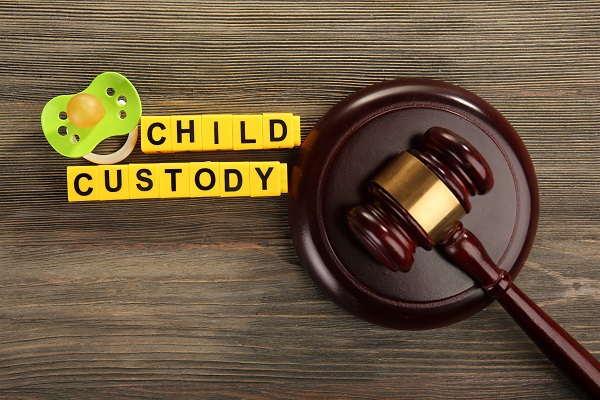Parentage is not always easy to determine in a divorce. Custody issues may arise when a child’s biological parents separate, then reconcile. Sometimes a third party, not biologically related to the child, takes on the role of parent. When a child has three or more parents, how will courts make difficult, yet important, custody decisions?
When Biology Isn’t Enough.
One court case brought up an interesting situation involving two biological parents who were not married and one parent’s spouse. The case of In re M.C. involved a child whose mother conceived a child with her boyfriend, but married her girlfriend before the child was born. The mother’s wife began serving as parent of the baby. The biological father acknowledged the child and provided some financial support.
The mother separated from her spouse, and then was incarcerated. The child went into foster care. Courts trying to determine custody faced a dilemma. All three parents could be considered to be a parent to the child. However, the mother could not care for the child, and her wife had no biological link to the child. The biological father lived in another state and had little to no contact with the child. California law at that time forced judges to recognize only two parents for a child.
California Senate Bill No. 274 – The Third Parent Law.
After In re M.C., the California legislature proposed and passed a law authorizing a court to determine that a child may have more than two parents. Courts must look closely at parent-child bonds, instead of just the biology of the situation.
Sometimes denying custody to a person with a parent-child bond would harm the child. Court may now may recognize more than two parents. Although three-parent families are most often talked about, the law does not limit courts to determining a specific number of parents.
Custody, Visitation, and Support.
In any divorce proceeding involving children, the courts make determinations based on the best interests of the children. Three-parent family situations are no different.
Allocation of custody between parents, no matter how many, is based factors like the health, safety, and welfare of the child.
Custody and visitation arrangements between parents should focus on providing a stable environment for the children. A parent deemed unfit by the court may be excluded from joint legal or physical custody. Visitation may be limited or supervised for any of the multiple parents.
Learn More About Filing for Divorce.
It doesn’t matter why the child has three parents. What matters, what always matters in child custody issues, is that everything be done with the best interests of the child in mind.
The attorneys at the Law Offices of Judy L. Burger are experienced at all phases of divorce proceedings. Call us at 415-293-8314 to schedule a private appointment or visit our website. We maintain offices in San Francisco, Marin County, Oakland, Santa Barbara, Ventura/Oxnard, San Jose, Gold River (Sacramento), Roseville, and surrounding communities.











